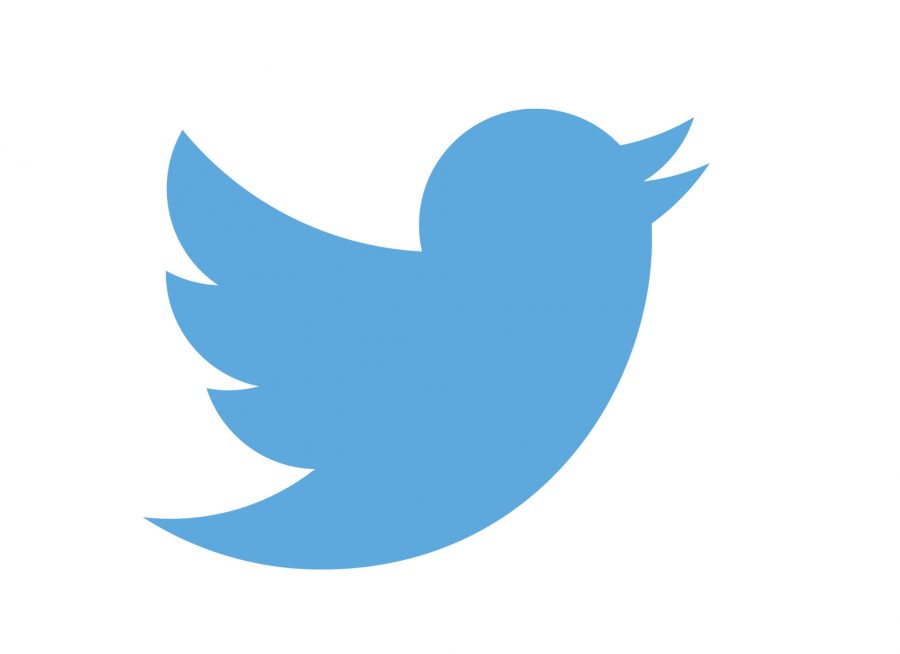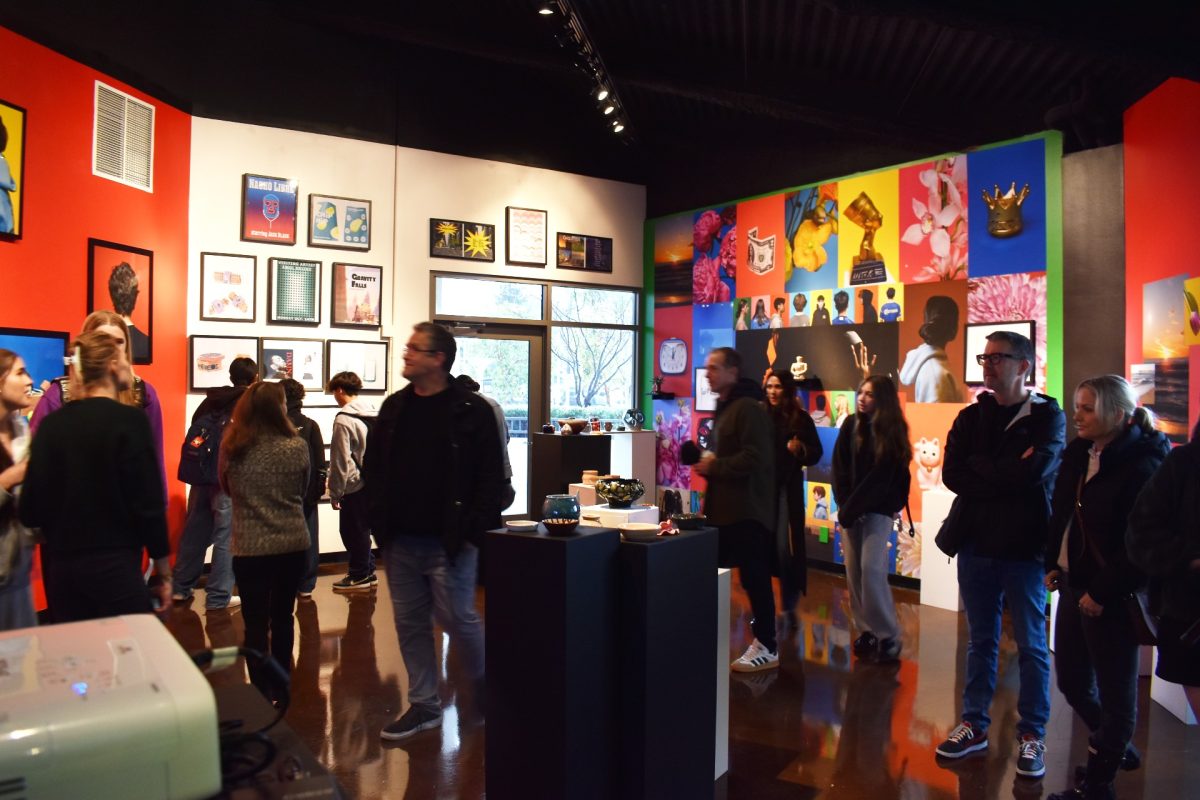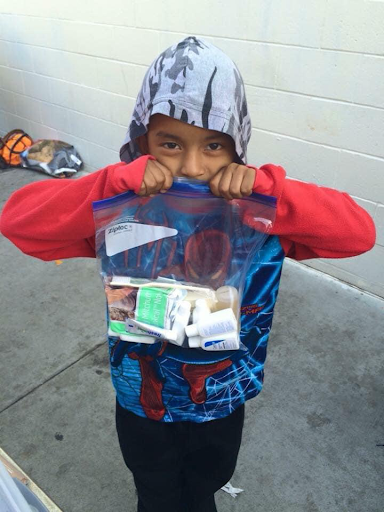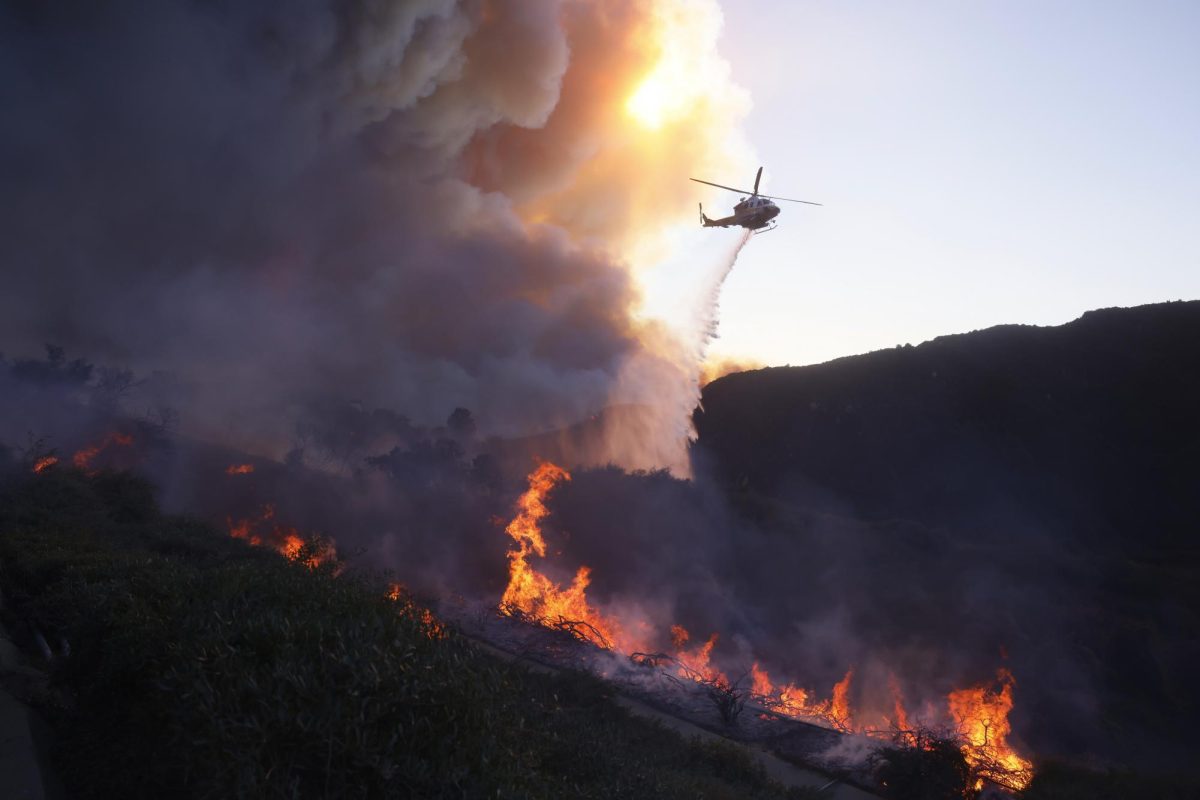Twitter was Donald Trump’s favorite instrument for spreading his ideas. It only seems like yesterday when Mr. Trump would buzz through your twitter feed in all-caps dictating his opinion across the internet. Indeed, Donald Trump, the 45th president of the United States, was sure to have not only ignited wars against facts, but also against people. Most of that drama ended on Jan. 8, a couple days after a mob used Mr. Trump’s ideas to throw a violent riot at the U.S. Capitol.
Now months ahead into the year, citizens are no longer just questioning whether Trump may be happy or sad about his unfortunate ban, they’re also concerned about the move itself: whether it supported free speech or was simply censorship. While pro-Trump conservatives root for removing the ban, others are more interested in their own experiences while scrolling through their daily feeds.
Trump has been known well to be a significant role in the Twitter user base. Tracing back to inauguration day, president Trump tweeted early in the morning an opening message to the country in caps-lock: “It all begins today! I will see you at 11:00 A.M. for the swearing-in. THE MOVEMENT CONTINUES – THE WORK BEGINS!” Soon after, his twitter began piling up on personal attacks, outrage, boasting, and even thoughts on other world leaders. Mr. Trump almost reshaped the presidency.
So how did Trump ultimately get taken down? To understand the nature of the ban and what evolved from it, it is important to note Twitter’s reasoning. The day of the banning, Twitter wrote on its blog: “we have permanently suspended the account due to the risk of further incitement of violence.” This is, of course, referring to the horrific events at the United States Capitol. His tweets that led up to that date consisted mainly of his denial of losing the election, part of the incitement for the Capitol raid. Twitter took two tweets and assessed them, making fair points as to how Trump implied encouragement for a protest to take place.
A student at Harvard-Westlake said, “Without the presence of Donald Trump in our social media feed, we wouldn’t have the constant worry of where the country was headed or what inner-wars the President was battling.”
And to several other former-president adversaries, it seems that the absence of a daily dose of toxicity seems to be a partial return to normalcy this far into the year, according to Sarah Lyall of The New York Times. But while some argue that the removal of his presence was healthy, others question its legitimacy to the country’s first amendment.
Whether Trump-loyalists may use the first amendment as a pitiful excuse to hear more from their former-president, Twitter may just be in for political censorship. After all, the U.S. strives to not be like countries like China, where most political views separate from the communist government are deleted. An anonymous faculty member at Harvard-Westlake said in an interview: “Although Trump may have not been someone to always agree with, his voice didn’t matter less than anyone else’s. Yes, the voice was opinionated and may have incited violence, but should Trump get such harsh punishment, any major figure (and regular person too) would have to receive similar treatment, something that hasn’t been noticed. A temporary ban would have been better suited.”
Many republicans still are hanging onto Trump’s colossal Twitter feed. Not only did his page have sheer volume to it, it also had history. From way before the presidency (2008), Trump tweeted about television shows he would be participating in. Mid-presidency, we see his attacks towards North-Korean leader Kim-Jong-Un. And of course, a graceful ending to his complicated legacy of tweets, Trump wrote, “To all of those who have asked, I will not be going to the Inauguration on January 20.”
Trump does not look like he will be returning to Twitter in the near future, but it is plausible that he will eventually. There are sides to both arguments as to whether his Twitter page was a structure for disaster or just the opposite. One thing everyone can agree on: Trump enjoyed pinging the whole nation.






